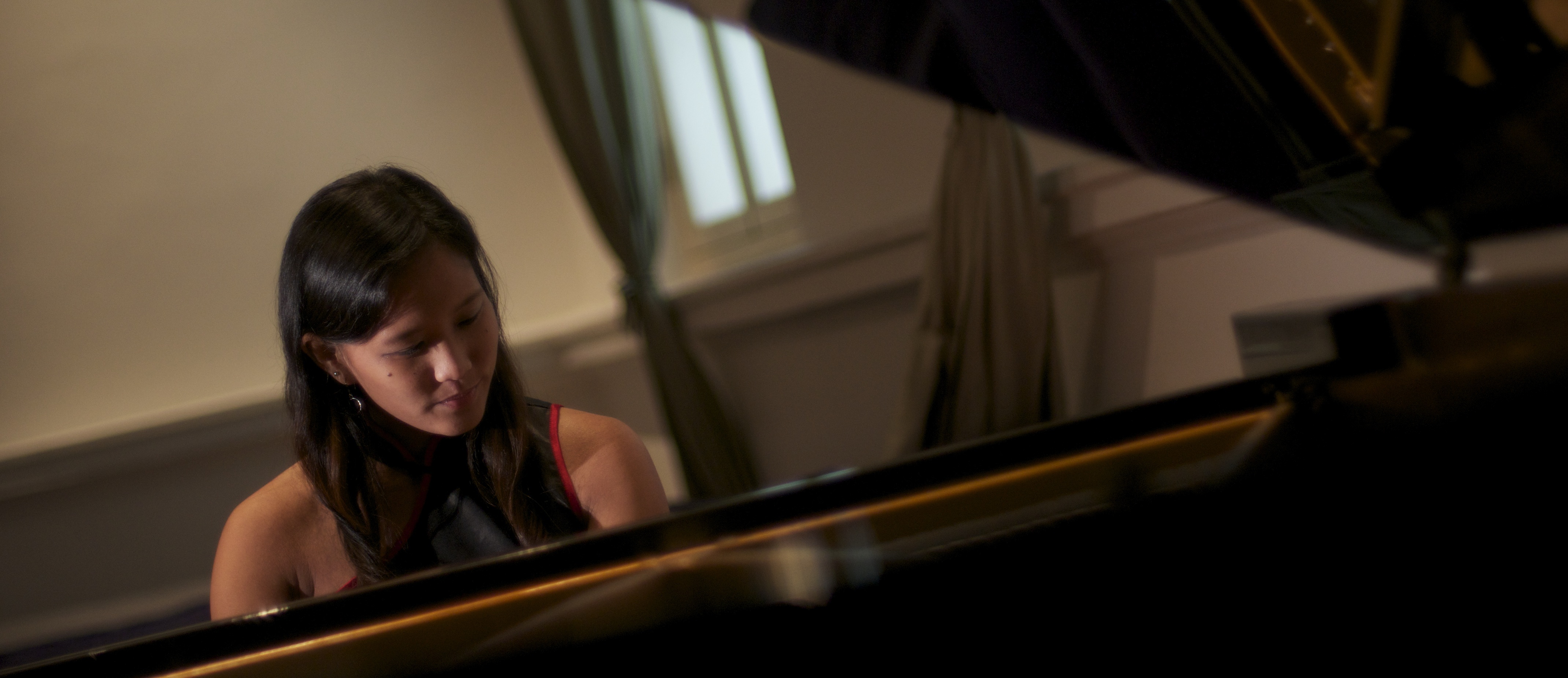The mid-week concert featuring Lim Yan playing Beethoven’s third and fourth concertos accompanied by The Philharmonic Orchestra was quite incredible. Showing no signs of tiring, Yan tackled the two concertos with nimbleness and grace, bringing his own imagination into a performance that radiated with warmth and heartfelt tenderness, especially in the central movements. The orchestra responded suitably, with the depth of tone and lyricism. Particularly poignant were the solos by principal oboist Veda Lin, who handled the passages with delicacy and finesse.
The upcoming concert is certainly an exciting one – featuring a trio of soloists rather than Yan himself, perhaps taking listeners back to the days of the concerto grosso? Plink, Plonk, Plunk catches up with Yan again, as he prepares for this exuberant finale.
Now that you’ve performed both the third and fourth concertos on the same night, how did it feel, having to keep up with the emotional turmoil in the third and the physical demands of the fourth on the same evening, with only a 20-minute break?It felt fine! The experience of the first concert probably helped, as I was able to pace myself better through both concertos. Also, I feel lighter with every concerto that passes – like a weight being lifted off me!The opening of the concerto only took you about 15 seconds to play, and yet it is deemed as one of the most difficult beginnings for a piano concerto. I thought yours sounded rather wistful, how did you envision yourself playing it, and how do feel about it?Well I think one can get overly worked up about the opening to the Fourth concerto. Obviously technically it is not a big challenge; the important thing is to have a clear idea of what you want the music to sound like, and then to just go for it. After all, it is just 15 seconds in a movement lasting 15 minutes or longer. I think Paul Lewis explains it very well:[http://www.youtube.com/watch?v=JbfYA1drZ7c from around 0:40]Is there any specific reason for the pairing of the concertos for this cycle, eg. the first and fifth, then third and fourth, and lastly the second and the triple?We did play around with various ideas for how to programme the cycle – chronologically, for example, beginning with 2 and ending with 5; or based on the tonality (1 and Triple being in C major, and 3 and 5 in C minor/Eb major) – but I think the pairings that we finally decided upon is probably the most musically satisfying for each individual concert. Well I think so and I hope the audience agrees!Written for the Archduke Rudolph, the piano part in the triple concerto is comparatively easier than the other concertos.. I guess you’ll be having an easier time ahead on Saturday?The instrumental forces in the Triple concerto – three soloists plus orchestra – brings with it a slightly different set of problems, especially of ensemble and balance; but I am very much looking forward to sharing the stage with Grace and Juan. Psychologically it is definitely easier to have co-soloists helping to share the ‘burden’! But I am really happy to be working with them – this will be the third time in less than a year that Juan and I will be performing together. Also Grace and I have actually played this concerto before, almost fifteen years ago – so it is just like old times! (Hopefully even better this time!)Just wondering, does your mind ever wander off in a (long) orchestral tutti? If so, where does it wander to? (;During the orchestral tuttis, I take the opportunity to try to physically relax and enjoy the music from the orchestra, and draw inspiration from that for my next entry.At least, that’s the only answer I’m prepared to give! (;
—
Don’t miss this exciting finale of the first ever concerto-marathon on 16th June, at the School of the Arts Concert Hall, featuring soloists Lin Juan, Grace Lee and Lim Yan! Student tickets are available at $10. Get your tickets from Gatecrash now!
